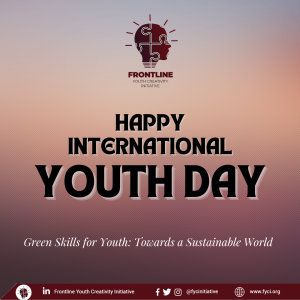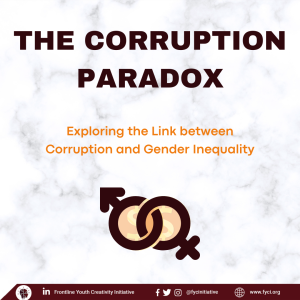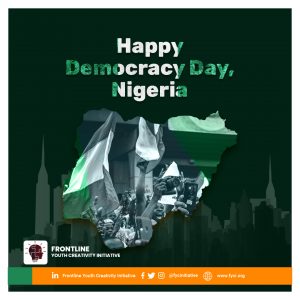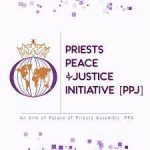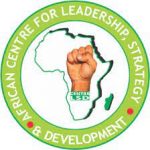Every year, Zero Discrimination Day is observed on 1 March to “promote equality before the law and in practice”. Historically, persons around the world have faced discrimination due to certain characteristics, such as race, sex, religion, age, socio-economic background, and disability status. Such discrimination has led to the marginalisation and exclusion of certain groups of people in society.
In Nigeria, three groups of persons are particularly vulnerable due to the high level of discrimination they face: women, youth, and persons with disabilities (PWDs). This is due to the patriarchal and gerontocratic nature of our society, where women and youth are largely excluded from decision-making processes, as well as negative stereotypes surrounding PWDs, which has fuelled stigmatisation and their exclusion from mainstream society.
One result of discrimination against these groups is their terribly poor representation at all levels of governance. According to estimates, in Nigeria women hold just about 5% of all elective offices, and youth less than 1%. Although the data on the number of PWDs holding elective offices is not easily available, it is evident that their representation is almost at zero level, given that persons openly living with disabilities hardly even contest, let alone win, elections in Nigeria.
At FYCI, we strongly believe that this state of affairs is inimical to our growth and development in Nigeria, not least because when we exclude certain groups from decision-making processes, we also lose the value that these groups could potentially provide.
The theme of Zero Discrimination Day 2022 is “Remove laws that harm, create laws that empower”. In line with this theme, we call for the removal of the following discriminatory laws:
- Section 29(1)(b) of the 1999 Constitution of Nigeria, which states that any woman who is married shall be deemed to be of full age. It has been argued that this provision gives legal backing to child marriage.
- Section 55(1)(d) of the Penal Code (applicable in Northern States in Nigeria), which allows a man to beat his wife for the purpose of correcting her, provided that the couple is subject to native law or custom which recognises such correction as lawful, and the correction does not amount to grievous hurt. This provision gives legal backing to intimate partner violence.
At the same time, we commend the National Assembly for passing the following laws which empower women, youth, and PWDs in Nigeria:
- The Child Rights Act 2003, which contains various provisions that protect the rights of the Nigerian child.
- The Violence Against Persons (Prohibition) Act 2015, also known as the VAPP Act, which criminalises many offences that typically affect women disproportionately. These include forceful eviction from home, economic abuse, emotional, verbal and psychological abuse, abandonment of family without sustenance, harmful widowhood practices, and female genital mutilation.
- The Discrimination Against Persons with Disabilities (Prohibition) Act 2018, commonly called the National Disability Act, which protects the rights of PWDs, provides for their integration into society, and establishes the National Commission for Persons with Disabilities.
- The Not Too Young To Run Act 2018, which reduces the minimum age limits to contest for national and state legislative offices from 30 to 25; and presidential office from 40 to 35.
Going forward, we call on the National Assembly to pass the following laws to further empower marginalised groups in Nigeria:
- The Gender and Equal Opportunities Bill, which seeks to guarantee the rights of women to equal opportunities in employment, marriage, education, land ownership and inheritance.
- The Special Seats Bill, which seeks to create additional special seats for women in the national and state legislatures to boost their representation.
- A Bill to further reduce the minimum age limits to contest for governorship and senatorial offices from 35 to 30. This was originally proposed by the sponsors of the Not Too Young To Run Act, but it was not adopted.
Furthermore, we call for the domestication of the existing empowering laws by the states which are yet to do so. We also call for stronger implementation of the existing laws by the law enforcement agencies. Finally, we call on civil society organisations to join in the advocacy to get discriminatory laws removed, existing empowering laws implemented, and further empowering laws created. We are assured that an enabling legal framework will go a long way in removing the structures of discrimination that exclude marginalised groups in our society.


